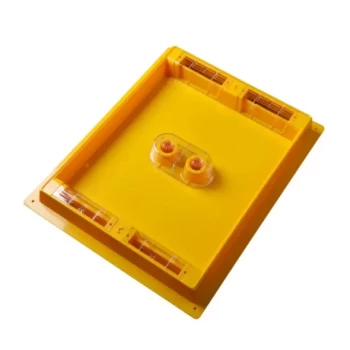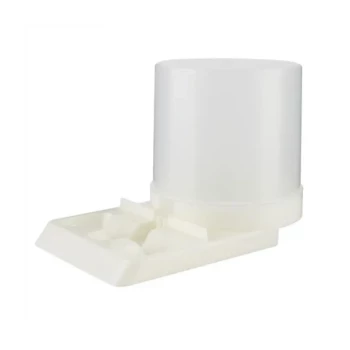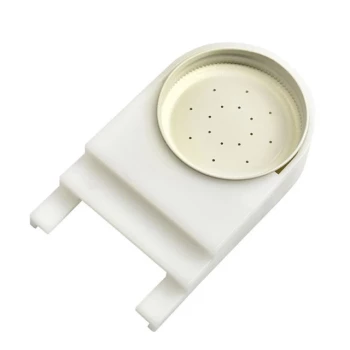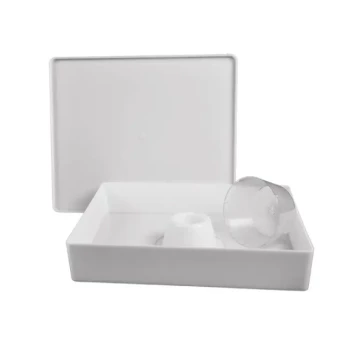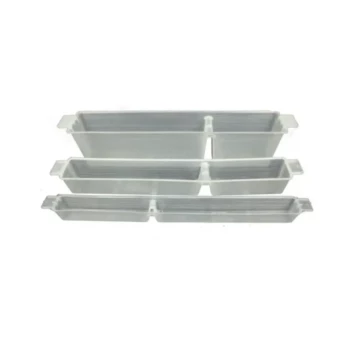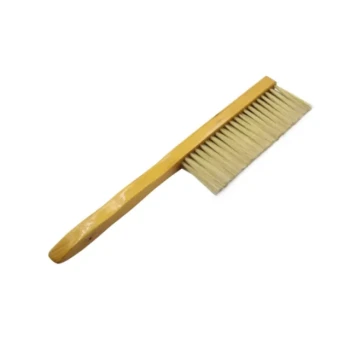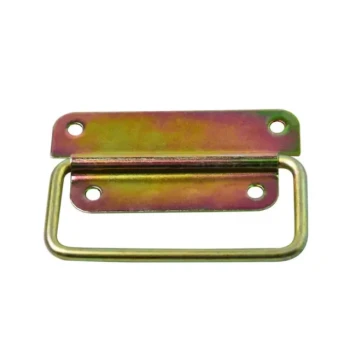At its core, feeding bees is done for one primary reason: to prevent starvation. This is most critical during the late winter and early spring, when the colony's stored honey may be depleted before natural nectar sources become available. However, feeding also serves a strategic purpose in helping new colonies establish themselves.
Feeding is a management tool used to correct an energy deficit within the hive. Whether that deficit is caused by winter consumption, a lack of established resources, or a temporary nectar dearth, your role is to provide the energy the colony needs to survive and thrive.
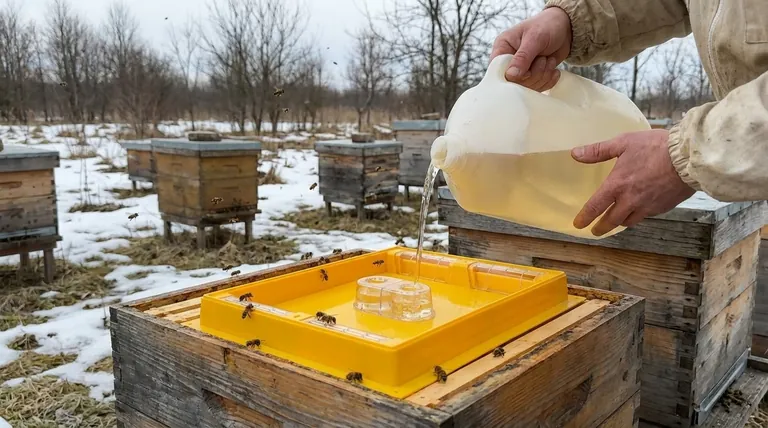
The Core Principle: Managing the Colony's Energy Deficit
A beehive is a closed economy. Energy comes in as nectar and pollen, and it is consumed to heat the hive, raise brood, and build wax comb. Feeding is an intervention you make when the colony's energy expenditures exceed its available resources.
Preventing Winter Starvation
The most common and critical time for feeding is at the tail end of winter. The colony has spent months consuming its honey stores to generate heat and maintain the cluster.
If the winter is long or the initial honey stores were insufficient, the bees can run out of food just weeks before the first spring flowers bloom. Emergency feeding during this period can be the difference between survival and colony collapse.
Fueling a New Colony's Establishment
A new bee package or nucleus hive is like a startup with no capital. The bees arrive with no drawn comb, no stored honey, and no pollen reserves.
Feeding provides the immediate, high-energy fuel (carbohydrates) worker bees need to perform their most critical initial task: drawing comb. Without comb, the queen has nowhere to lay eggs and the colony has nowhere to store incoming nectar or pollen.
Stimulating Brood Production
Beekeepers sometimes use feeding to simulate an early nectar flow. This signals to the queen that resources are abundant, encouraging her to increase her egg-laying rate.
This strategic feeding helps build a larger population of forager bees just in time for the main nectar flow, maximizing the colony's potential to gather a surplus honey crop.
Understanding the Key Trade-offs
While essential, feeding is not without risks. Improper feeding can create more problems than it solves.
The Risk of Contaminating Honey Stores
Never feed your bees sugar syrup when you expect them to be storing honey for human consumption.
Bees will store sugar syrup just as they would store nectar. This results in "honey" that is not derived from flowers, contaminating your harvest and disqualifying it as true honey. You must stop feeding well before adding honey supers.
Creating Unnatural Dependency
Over-feeding can make a colony reliant on syrup instead of actively foraging for natural nectar. This can weaken a colony's natural instincts and resilience.
Feeding should be a targeted intervention, not a permanent crutch.
Attracting Pests and Robbing
Spilled syrup or poorly designed feeders can attract ants, wasps, and bees from other hives. This can lead to robbing, where a stronger colony attacks a weaker one to steal its stores.
Robbing can quickly decimate a hive, especially a new or struggling one. Always keep feeding areas clean and use feeders that prevent access by outside insects.
Making the Right Feeding Decision
Your decision to feed should always be based on the colony's specific needs and your overall goal as a beekeeper.
- If your primary focus is overwinter survival: Check the hive's weight in late winter and provide emergency feed (like fondant or hard candy) if it feels light.
- If your primary focus is establishing a new colony: Provide a continuous supply of 1:1 sugar syrup until the bees have drawn out comb on 7-8 frames in their first brood box.
- If your primary focus is maximizing pure honey production: Cease all syrup feeding before the main nectar flow begins and before you add your honey supers.
Ultimately, feeding is a precise tool to be used thoughtfully to ensure your bees have the resources they need, exactly when they need them.
Summary Table:
| Feeding Scenario | Primary Goal | Key Consideration |
|---|---|---|
| Late Winter / Early Spring | Prevent starvation when honey stores are low. | Use emergency feed like fondant if hive feels light. |
| Establishing a New Colony | Provide energy for drawing comb and brood rearing. | Feed 1:1 sugar syrup until 7-8 frames of comb are drawn. |
| Stimulating Brood Production | Build forager population before a nectar flow. | Stop feeding before adding honey supers to avoid contamination. |
Ensure your apiary's success with the right supplies. Feeding is a critical management tool, and having reliable equipment is key. HONESTBEE supplies commercial apiaries and beekeeping equipment distributors with high-quality, wholesale-focused beekeeping supplies. From durable feeders to essential hive components, we provide the tools you need to manage colony health effectively.
Contact HONESTBEE today to discuss your wholesale supply needs and keep your colonies thriving.
Visual Guide
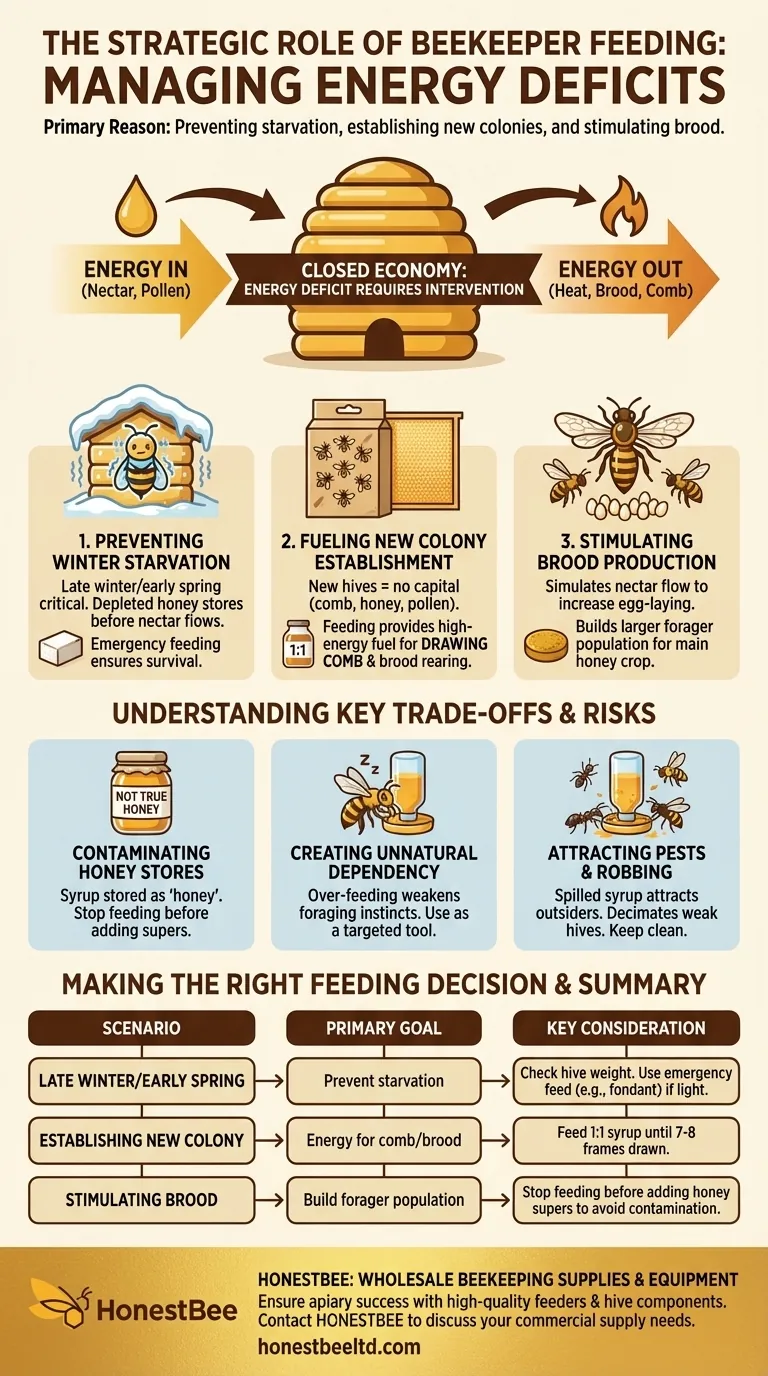
Related Products
- Professional Hive Top Bee Feeder for Beekeeping
- Rapid Bee Feeder White Plastic 2L Round Top Feeder for 8 or 10-Frame Bee Hives
- HONESTBEE Round Hive Top Bee Feeder for Syrup
- HONESTBEE Entrance Bee Feeder Professional Hive Nutrition Solution for Beekeeping
- Classic Boardman Entrance Bee Feeder Hive Front Feeding Solution
People Also Ask
- What role do inverted glass feeding jars play in large-scale honeybee field trials? Achieve Data Precision and Uniformity
- Why is the syrup feeding method often preferred over patty feeding? Maximize Hive Growth with Efficient Liquid Delivery
- Why is high-quality supplemental feed essential for almond pollination? Boost Hive Population for Early February Bloom
- What are the supplemental feeding requirements for organic honeybee colonies? Guidelines for Organic Dearth Management
- What are the potential negative impacts of open feeding honeybees during a nectar dearth? Avoid Apiary Robbing
- What technical challenge is addressed by using detachable feeders? Enhance Bee Feed Intake Accuracy with Detachable Feeders
- What determines the feeding rate of a bee feeder? Maximize Colony Efficiency with Smart Feeder Design
- In what forms can pollen or pollen supplements be fed to bees? Optimize Colony Growth with the Right Feeding Method
